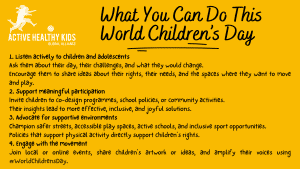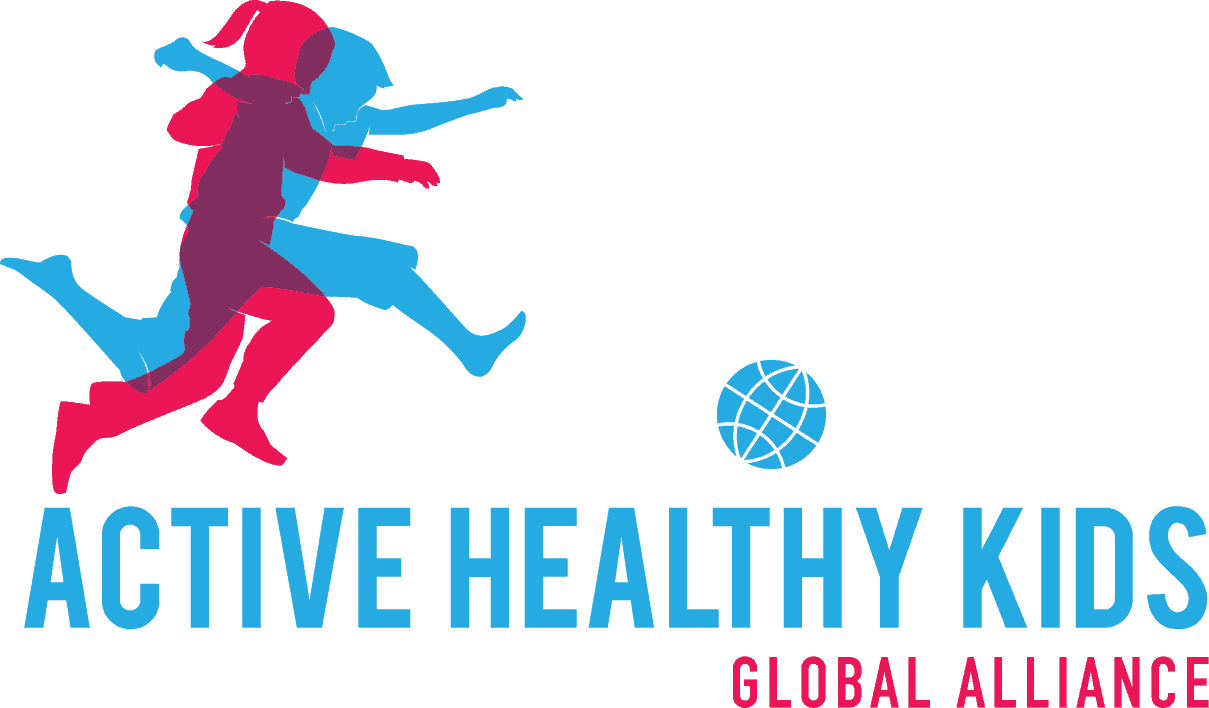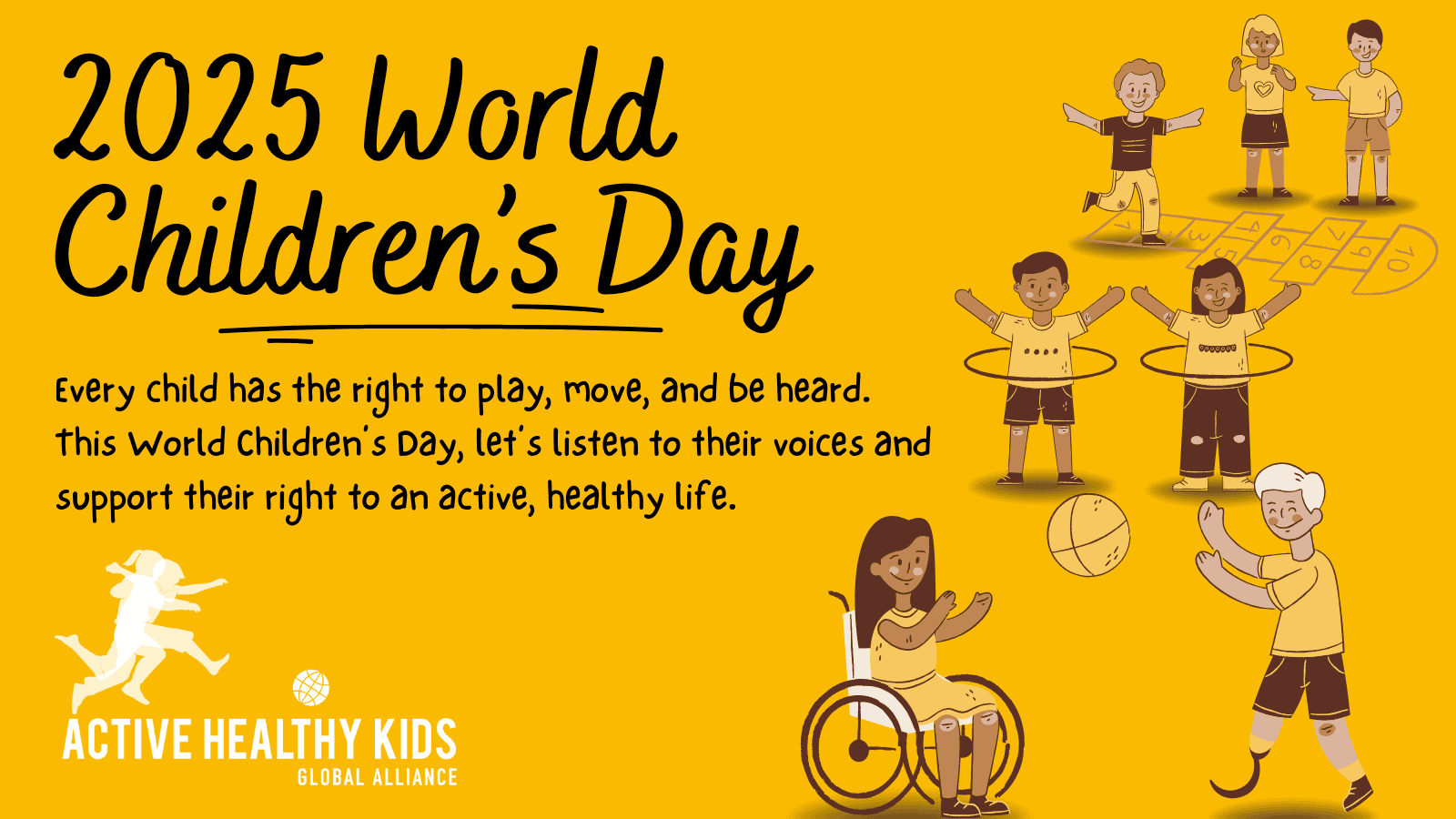
20 Nov World Children’s Day 2025: “My Day, My Rights” — Listening to Children, Supporting Their Right to Play, Move, and Thrive
20 November marks World Children’s Day — UNICEF’s global day for children, by children.
Celebrated annually on the anniversary of the Convention on the Rights of the Child, this day calls on schools, communities, institutions, and governments to uphold, protect, and strengthen children’s rights.
This year’s theme, “my day, my rights,” is a powerful reminder that children must be able to express what their daily lives look like — where their rights are upheld, where they are missing, and what they need to thrive. It is a call for adults everywhere to listen actively, include children’s voices, and support their right to meaningful participation in shaping the world around them.
You can explore UNICEF’s full resource toolkit here:
👉 UNICEF World Children’s Day Toolkit
https://www.unicef.org/parenting/world-childrens-day-toolkit#:~:text=The%202025%20theme%20for%20World,my%20day%2C%20my%20rights%22.
Children’s Right to Physical Activity, Play, and Healthy Environments
The Convention on the Rights of the Child is clear:
Every child has the right to rest, leisure, play, recreational activities, and the highest attainable standard of health.
Yet, these rights are not upheld equally across the world — especially when it comes to opportunities to be active.
Findings from the Global Matrix 4.0 on physical activity for children and adolescents showed that:
- The majority of children and adolescents worldwide are insufficiently active.
- Inequities persist: children with disabilities, girls, and those from marginalized communities often face fewer opportunities, less support, and more barriers to being active.
- Active play and outdoor time — essential for wellbeing, learning, and development — are insufficient, potentially squeezed out by academic pressure, safety concerns, and rising screen time.
- Supportive family, school, community, environments and government policies matter!
These findings underscore a simple truth:
Children’s right to be active is not only a health issue — it is a rights issue.
Listening to Children: A Critical Step in Advancing Their Right to Move
This year’s theme aligns strongly with AHKGA’s mission. Promoting physical activity is not just about steps, sports, or guidelines — it’s about giving children space to express what movement means in their lives.
When adults listen to children, we learn:
- What makes them feel safe or unsafe in public spaces.
- Which activities bring them joy, confidence, and belonging.
- What barriers they face — from gender stereotypes to disability stigma to lack of accessible facilities.
- How school, family, and community environments either support or restrict their freedom to play and move.
Listening is not symbolic; it is transformative.
It enables us to co-create environments that honour children’s rights, cultures, realities, and aspirations.
Looking Ahead: Global Matrix 5.0 Launching in October 2026
AHKGA is currently leading the development of Global Matrix 5.0, which will be officially launched at ISPAH 2026 in Mexico (early October 2026).
This initiative will provide the most comprehensive, equitable, and inclusive global picture yet of children and adolescents’ physical activity to elevate children’s right to an active, healthy life at the global policy table — and to ensure those rights become reality.
What You Can Do This World Children’s Day
Inspired by UNICEF’s guidance, here are simple ways to take action:
- Listen actively to children and adolescents
Ask them about their day, their challenges, and what they would change.
Encourage them to share ideas about their rights, their needs, and the spaces where they want to move and play.
- Support meaningful participation
Invite children to co-design programmes, school policies, or community activities.
Their insights lead to more effective, inclusive, and joyful solutions.
- Advocate for supportive environments
Champion safer streets, accessible play spaces, active schools, and inclusive sport opportunities.
Policies that support physical activity directly support children’s rights.
- Engage with the movement
Join local or online events, share children’s artwork or ideas, and amplify their voices using #WorldChildrensDay.
Every Child Has the Right to Play, Move, and Be Heard
On this World Children’s Day, let’s commit to truly listening to children — not only today, but every day.
By centering their voices, we can build more active, inclusive, and equitable communities where all children can thrive.
Their day. Their rights. Our responsibility.
